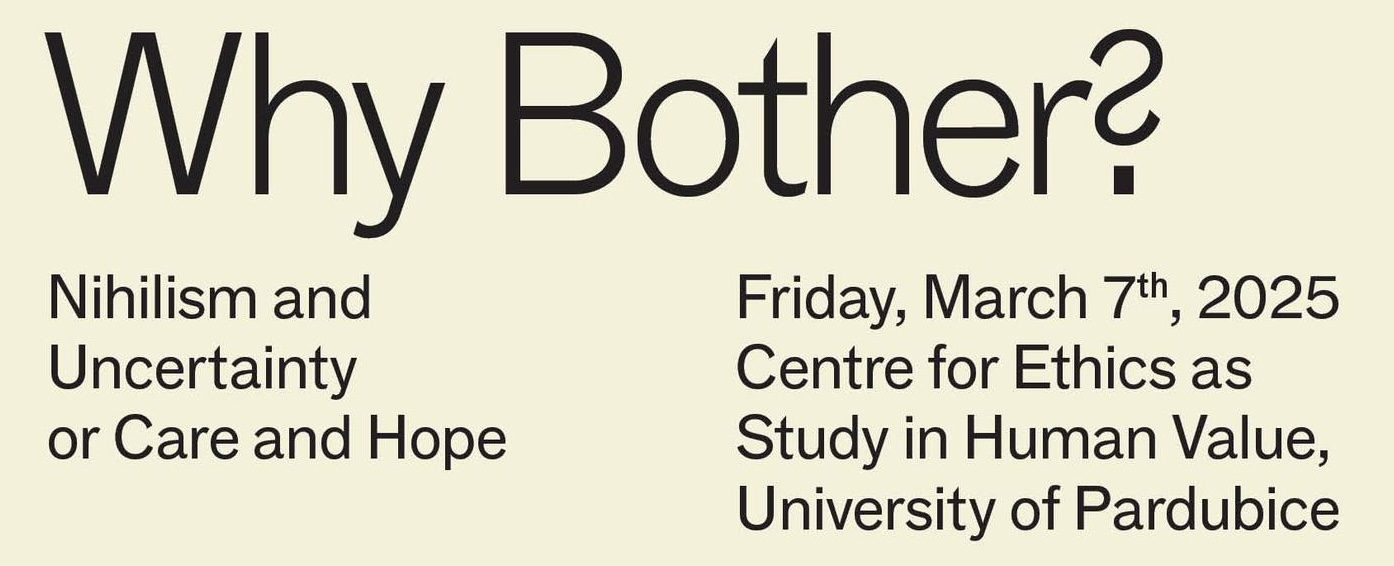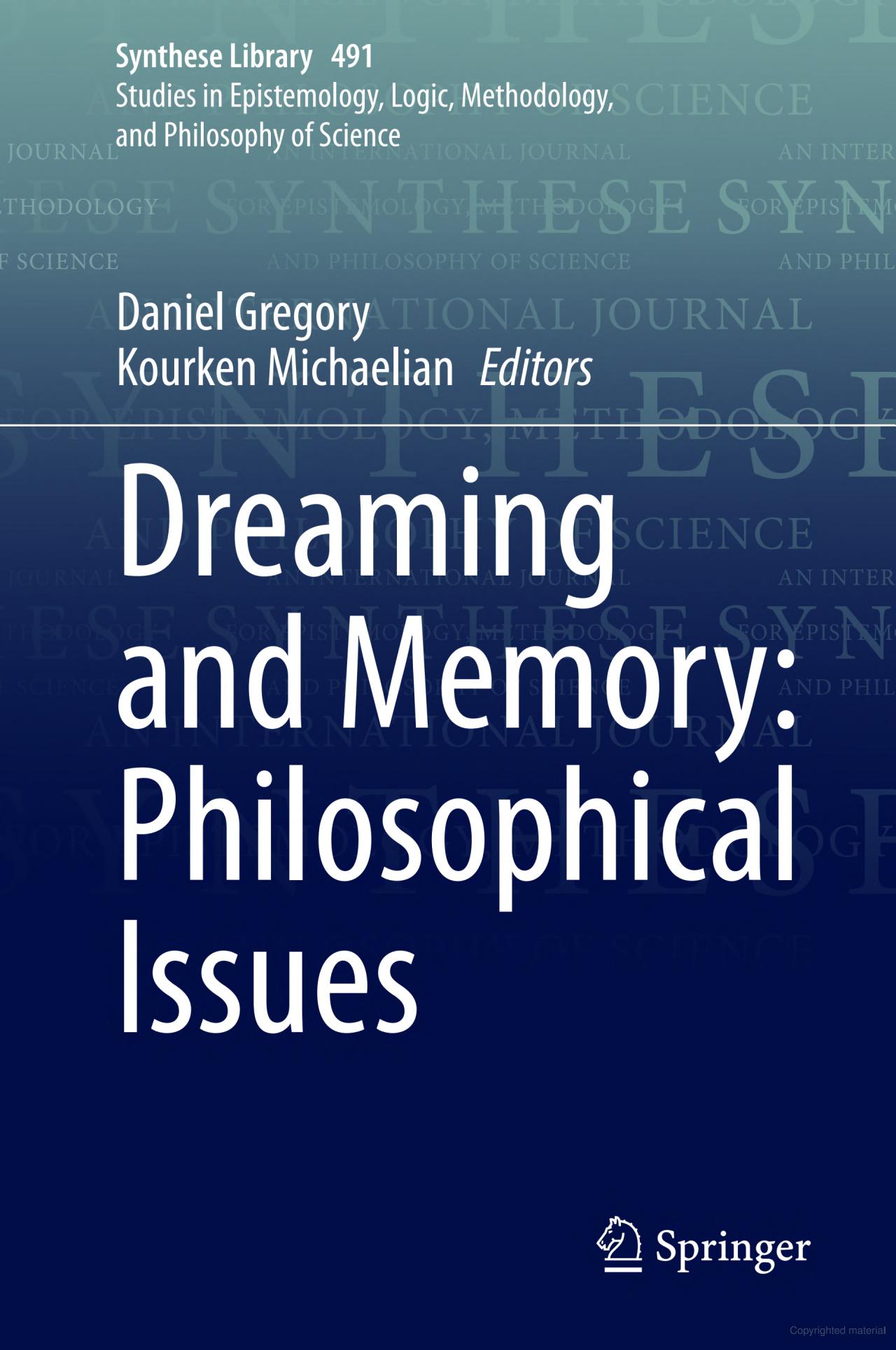News
![]() Dr. Stefan Rinner wins the Gottschalk-Diederich-Baedecker Prize
Dr. Stefan Rinner wins the Gottschalk-Diederich-Baedecker Prize
Gottschalk-Diederich-Baedecker Prize for Dr. Stefan Rinner

We congratulate Dr. Stefan Rinner from the Institute of Philosophy for winning this year’s Gottschalk Diederich Baedecker Prize.
The prize is awarded by the Essen-based G. D. Baedecker Foundation and honours outstanding research achievements at the UDE, especially with regard to their benefit to society.
Dr. Stefan Rinner is a lecturer in our department and this semester is teaching the course History of Philosophy I. His research focuses on topics such as the semantics and pragmatics of political hate speech. This will also be the topic of his lecture when Dr. Rinner accepts the award in the Glass Pavilion on 2 December.
![]() New Professor
New Professor
Philip Ebert to join the Department as Professor for Theoretical Philosophy in February

We are delighted to announce that Philip Ebert will be joining our department as a Professor, starting in February 2026.
Professor Ebert’s research spans several areas, with a focus on epistemology, Early Analytic Philosophy, Philosophy of Mathematics and philosophical issues in Behavioural Science. In epistemology his research focuses on risk and rationality, including traditional, formal, and experimental approaches. In Early Analytical Philosophy he is particularly interested in Gottlob Frege and in Philosophy of Mathematics he focuses on Abstractionism.
We are very much looking forward to welcoming Professor Ebert to the department and to the insights and expertise he will bring to our research and teaching activities.
![]() ERC-Starting Grant for Patricia Palacios
ERC-Starting Grant for Patricia Palacios
ERC-Starting-Grant for Patricia Palacios: From Spins to Birds to Traders

Patricia Palacios, a lecturer in our department, has received an ERC Starting Grant worth €1.5 million to further develop her ground-breaking research approaches over the next five years.
In her interdisciplinary research project MACBeh (From Spins to Birds to Traders: (M)odel (A)daptation in the Study of (C)ritical (Beh)avior), Patricia investigates when and why models from physics are successfully transferred to other scientific fields.
Three central questions are the focus of attention: What exactly can be exported from physics to other disciplines in the case of criticality? Where does the explanatory power of models in biology and the social sciences that are based on physics lie? And how can modelling in criticality research be improved?
The aim is to develop a new understanding of ‘model fitting’ with the help of scientific theory and concrete model analyses. The goal is to show how physical principles can be combined with domain-specific knowledge to better understand complex collective behaviour.
![]() Student news
Student news
Our students at a conference in Pardubice

Two of our fantastic undergraduate students, Emil Wolff and Adam Petryk, travelled to Czechia after being selected to give presentations for the conference ‘ Why Bother? Nihilism and Uncertainty or Care and Hope’ at the University of Pardubice.
Four students expressed an interest in going to this conference after Dr Aloysius Ventham signposted the Philos_L call for papers in his metaethics class. The four students then met with Dr Ventham to work on their abstracts. Each student contributed to a collaborative and positive research environment. Of the four submissions, three were accepted. Of the three accepted, two of our students, Adam and Emil, were able to attend. They were supported by Pardubice’s generous financial assistance.
Emil presented a paper that modified stoicism (normally taken to be a position concerned with personal attitudes) to help us think through, and cope with, collective issues in a paper titled How Stoicism is the Right Approach to Tackling the Climate Crisis.
Adam presented a paper titled Social Media: A Kantian Perspective in which he argued social media warrants a higherlevel of censorship especially when considered in the context of the recent UK riots and vaccine misinformation. His argument made recourse to Kant’s Categorical Imperative to justify this claim.
Both talks were received very well and provoked an engaged and fruitful discussion. Good work representing the philosophy department and our undergrads, Adam and Emil!
![]() New book by Daniel Gregory
New book by Daniel Gregory
Dreaming and Memory: Philosophical Issues

Daniel Gregory, researcher at our department, and Kourken Michaelian published a book in Springer’s Synthese Library.
This edited volume is the first systematic philosophical investigation of the complex and multifarious relationships between dreaming and memory. What does one remember when one remembers what one dreamt, and what is it for a memory of a dream to be accurate? What are the phenomenological, cognitive, and epistemic similarities and dissimilarities between dreaming and remembering? How does the self figure in dreams and memories? The book will serve as an indispensable resource both for philosophers interested in dreaming or memory and for their philosophically-minded colleagues in empirical disciplines and will provide an invaluable starting point for advanced students in need of a snapshot of the state of the art in philosophical research on dreaming and memory.
You can find more details about the book here.





